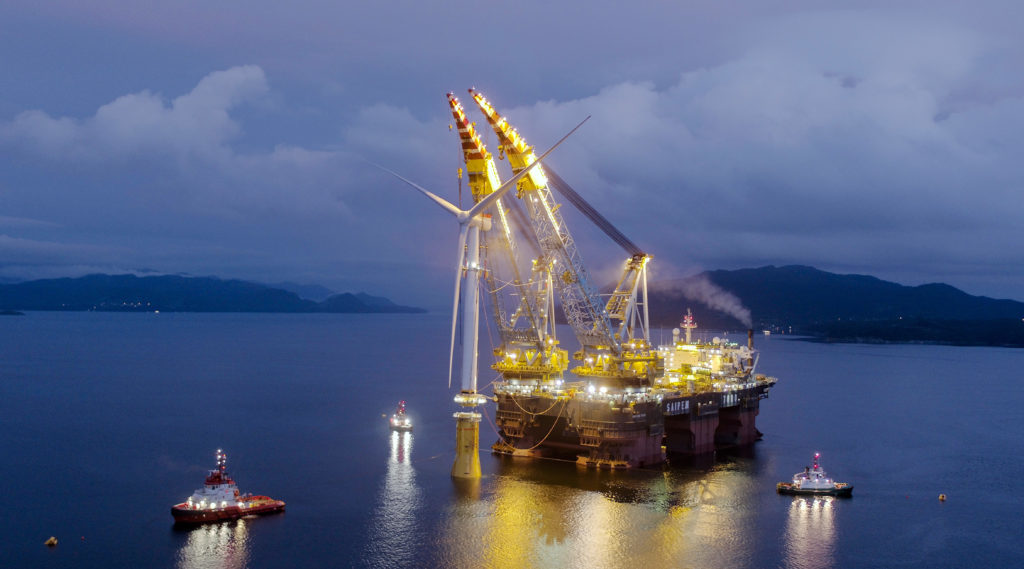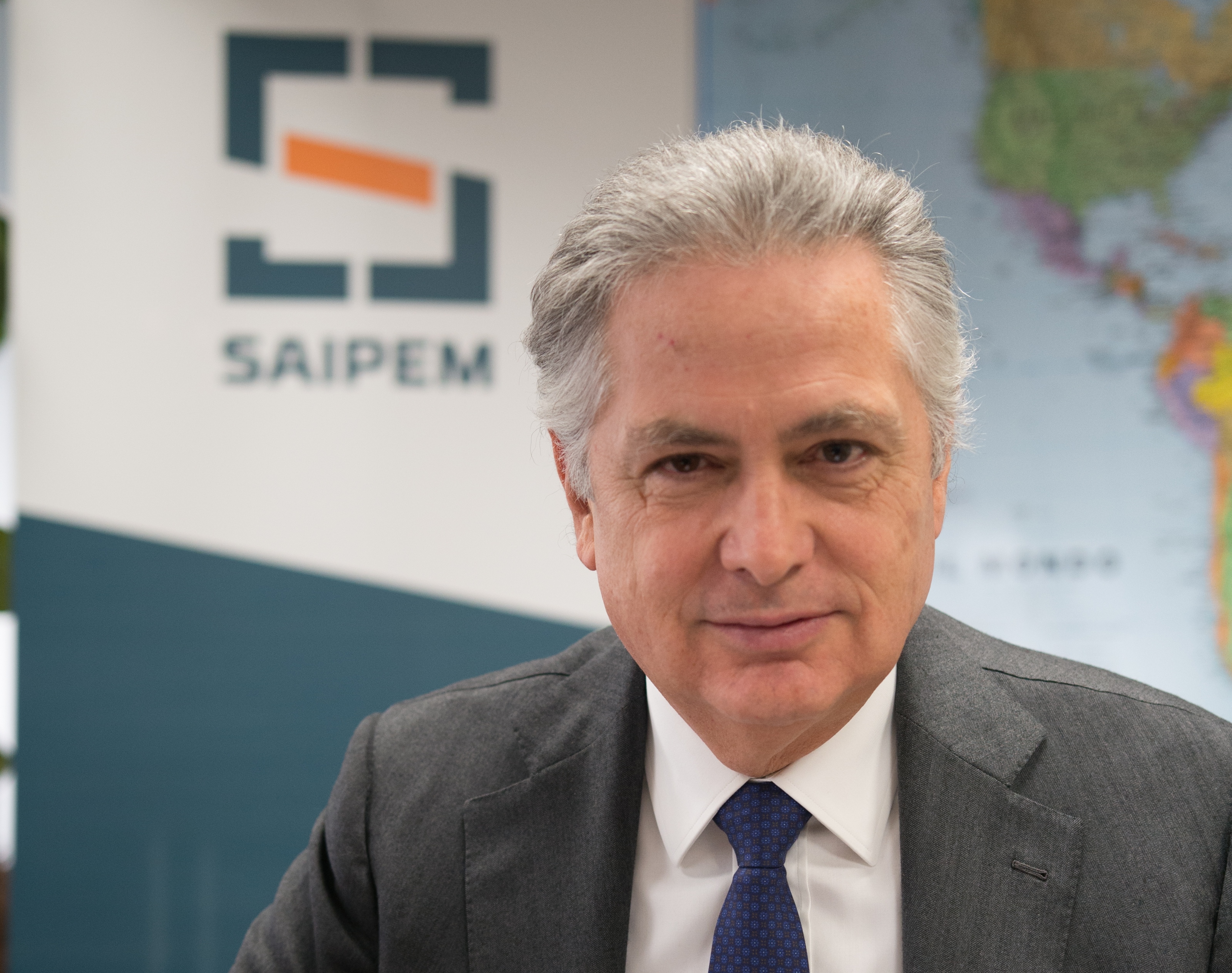
Saipem has said it has “beat all targets” for 2019 after swinging back to a profit, slashing debt and achieving a record order backlog.
The Italian oilfield services firm posted a pre-tax profit of £191million for the 2019 financial year, up from a loss of £180m the previous year.
Meanwhile net debt, excluding that brought by new international accounting policies, has been slashed from £921m in 2018 to £395m.
Revenues increased by nearly 7% to £7.6bn, driven by “strong acceleration of new orders’ awards” with backlog now at a “record” £21billion.
Saipem said 2020 revenue is expected to increase again to approximately £8.3bn.
The firm also pointed to its earnings before interest, tax, depreciation and amortisation (EBITDA) of £955million, up from £710m in 2018.
Chief executive Stefano Cao said: ““Efforts over the last few years to achieve a solid and rigorous economic and financial stability have allowed us to beat all targets set for 2019, with particular reference to net debt, significantly down to below 500 million euro, strong improvement in adjusted net profit and adjusted EBITDA above 11%.”
The 2019 result was comparatively strong due to a series of impairments which Saipem had to take in the previous year, including a £287.3m write-down of assets.
Saipem said it has been particularly “solid” in its Offshore Engineering and Construction and the Drilling divisions.
Following the reporting period, which ended December 31, 2019, the firm has also received a number of new contracts, including decommissioning work for the Thistle storage tanks in the North Sea.
Mr Cao added: “The deep organisational and managerial transformation and the clear-cut strategic orientation to anticipate the energy transition have allowed us over the course of the year to be awarded an outstanding level of new contracts and achieve a record backlog, to which all divisions have contributed with solid performances.
“This repositioning is enabling Saipem to regain a leading role in the sector and to be prepared to face future challenges proactively and with optimism, with the objective of creating sustainable value for stakeholders”.

